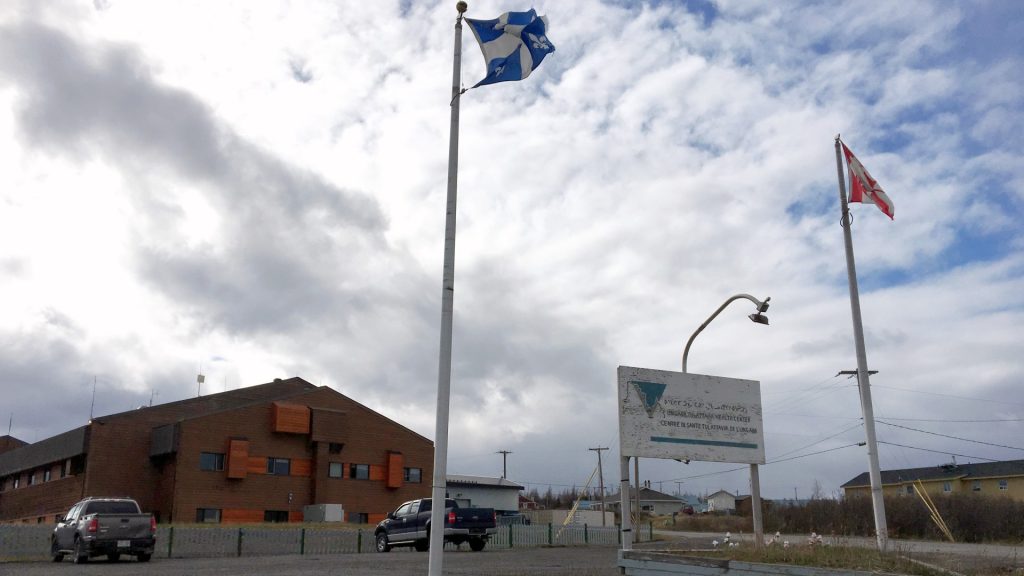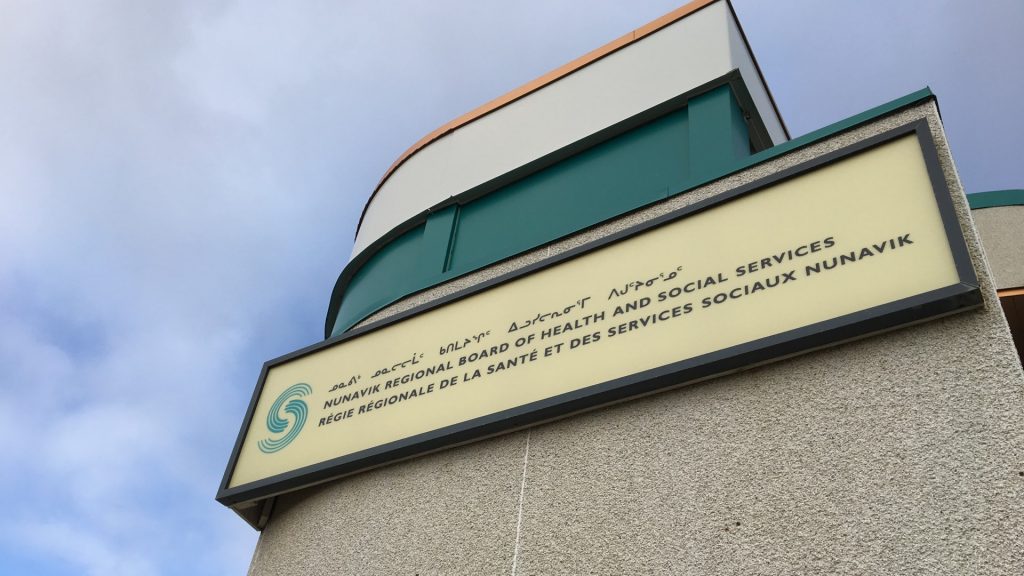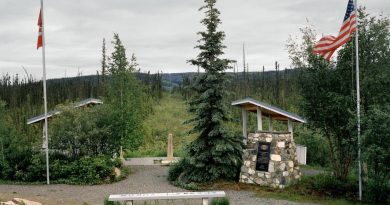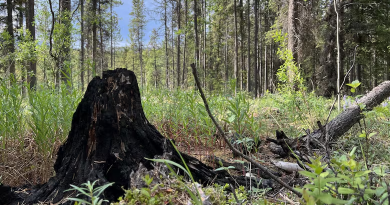COVID-19 vaccine campaign gets underway in Inuit region of Arctic Quebec

The COVID-19 vaccine campaign is getting underway January 18 in Nunavik, the Inuit region of Arctic Quebec.
The first 1,000 doses of the Moderna COVID-19 vaccine arrived in the region on Saturday, with vaccination rollout beginning Monday in all 14 communities.
🥳 The first 1000 doses have arrived in Nunavik.
They will now be prepared and sent to all communities to start…Posted by Nunavik Regional Board of Health and Social Services on Saturday, January 16, 2021
At risk groups prioritized
Nunavik has a population of approximately 13,000 people, with 14 communities in the region. All the communities are fly-in only.
In the three most populous communities; Puvirnituq, Inukjuak, and Kuujjuaq, vaccination priority will be given over the next two weeks to those most at risk for COVID-19 complications.
In the other 11 communities, vaccinations the first two weeks will be offered in priority to those most at risk from COVID-19 complications and to those most likely to be exposed to the virus.
Starting February 8, the vaccine will be offered to those most likely to get exposed to the virus in Puvirnituq, Inukjuak, and Kuujjuaq, while in the other 11 communities the vaccine will be offered to others not covered during the first two weeks of the campaign.
Two-dose Moderna vaccine
After Phase 3 trials, Moderna found its coronavirus vaccine is 94.1 per cent effective at preventing symptomatic COVID-19, and is 100 per cent effective against severe COVID-19, 14-days after two doses.

The Nunavik Regional Board of Health and Social Services (NRBHSS) says distribution plans for second doses was not yet determined, but would be communicated once federal and provincial authorities made the information available.
“Plans are that in late March or in April, access to the necessary second doses will be possible,” the NRBHSS said in an email exchange.
“This depends on many things outside of our control, including the supply of vaccine from manufacturers, the progression of vaccination in priority groups elsewhere in the province, and decisions of provincial bodies regarding vaccine allocation. Focus is now on adequately delivering the first dose and getting prepared to be able to deliver the second dose when it becomes available.”
Staffing levels same for now
The NRBHSS says no additional staff will be needed to administer the first found of vaccinations to priority groups. But that in February, once vaccination can be offered to the general population, additional nurses and healthcare workers will assist if required.
Write to Eilís Quinn at eilis.quinn(at)cbc.ca
Related stories from around the North:
Canada: Elder in Makkovik first to get COVID-19 vaccine in Inuit region of Atlantic Canada, Eye on the Arctic
Denmark: Who is allowed into Denmark from Sweden right now?, Radio Sweden
Iceland: COVID-19 variant prompts Iceland to require quarantine for children entering country as of January 13, Eye on the Arctic
Russia: Russia’s Northern Fleet begins 2nd stage of COVID-19 vaccination, Radio Canada International
Sweden: Sweden’s northernmost county among regions to introduce stricter COVID-19 recommendations, Radio Sweden
United States: After early containment success, there’s now rapid COVID-19 spread in rural Alaska, including the Arctic, Alaska Public Media



